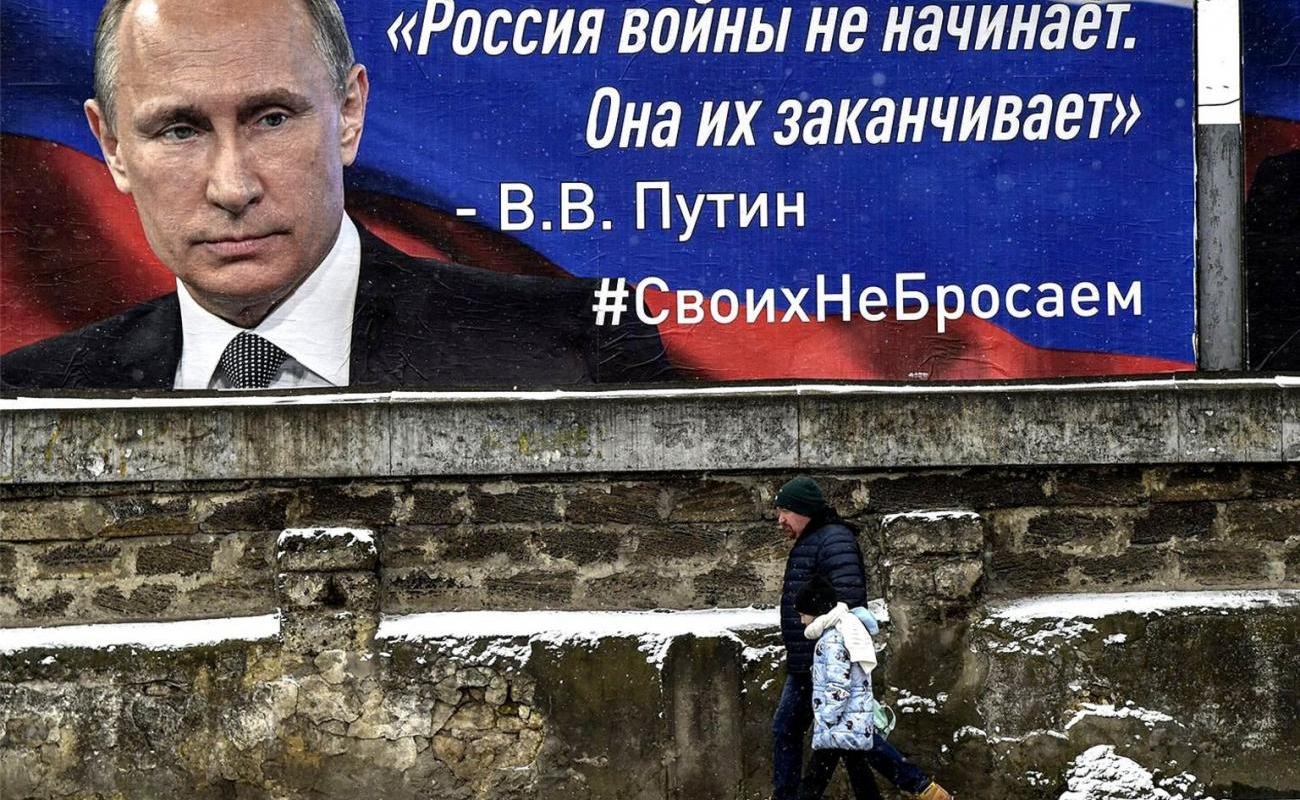Putin's war in Ukraine is part of the Kremlin's long tradition

The current war in Ukraine is very similar to Ukraine’s struggle for independence in the early twentieth century, and Putin’s approach is reminiscent of the Stalinist genocide of the 1930s.
Russia's invasion of Ukraine in 2022 is reminiscent of the Kremlin's previous attempts to defeat Ukrainian statehood.
The current aggression is aimed at destroying Ukrainian cities, and that in itself is an echo of past attempts to suppress Ukraine's statehood. It also allows us to understand how Ukrainians will react to these attempts.
Even experienced analysts were stunned by the speech of Russian dictator Vladimir Putin on February 21, which laid the foundations for the current invasion. During his speech, Putin not only regretted the collapse of the Soviet Union, but also the Russian Empire.
Accusing the Bolsheviks of creating Ukraine, he called Vladimir Lenin the "architect of Ukraine" and threatened to end it in the spirit of "true decommunization."
This view is quite familiar to experts. Denial of the existence of Ukraine is a constant companion of such a poisonous view of the world.
The current war is very similar to Ukraine’s struggle for independence in the early 20th century, and Putin’s approach is reminiscent of the Stalinist genocide of the 1930s. To some, such comparisons may seem less dramatic, but destructive war tactics cannot help but draw parallels with the worst crimes of the totalitarian era.
The Kremlin's most notorious crime in Ukraine is the Holodomor. Artificial famine has killed at least four million Ukrainians. Documents that have recently been declassified underline Stalin's intentions to commit genocide in order to quell the uprising against collectivization.
There was no talk of famine in Soviet historiography. Awareness of the crimes of the Soviet regime is one of the most prominent events for the Ukrainian national memory.
The level of violence in this war is very reminiscent of the 1930s. Military analysts believe that Russia is now trying to provoke a new famine in Ukraine. And shelling houses and killing civilians is like hunting peasants.
We should not forget the kidnappings of the mayor and the attacks on journalists, which is reminiscent of the destruction of the Ukrainian national elite during the 1930s.
The world was stunned by the humanitarian catastrophe staged by Russian troops in Mariupol.
The denial of the Holodomor and Russia's refusal to admit this crime are a sign that Russian aggression continues even in a passive form.
Many Ukrainians now claim that their perseverance and stubbornness have strengthened their national identity. A tyrant from the Kremlin failed to conquer the Ukrainian nation in the 1930s, despite having much more control over the country and resorting to mass murder.
The consequences of the current war are already catastrophic, Putin is losing, as is his predecessor.
However, Ukrainians need more support from the world community. Western leaders have the opportunity to prevent a repeat of one of the most tragic chapters in European history, but they must act without delay.
